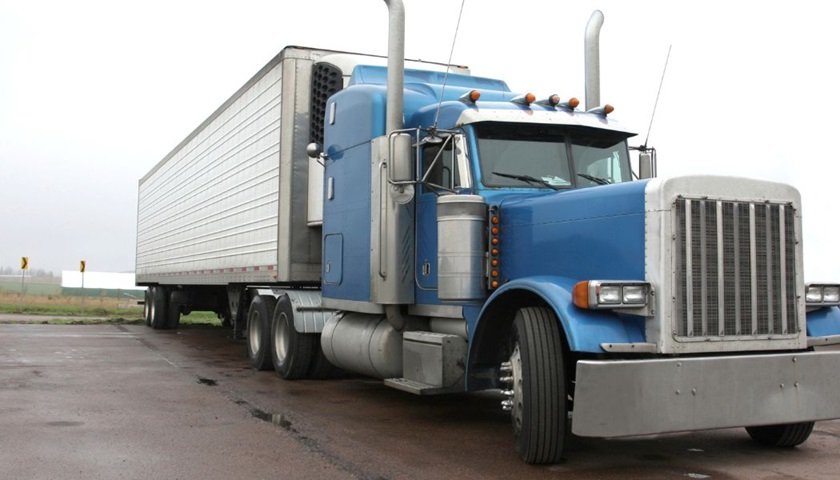A trailer truck is more than metal and wheels. It’s muscle, endurance, and balance. Choosing the right one means understanding what drives it—and what might drive you to regret.
Power is the engine’s promise. Without it, a truck becomes a burden instead of a beast. Diesel engines dominate this space for good reason. They offer torque at low RPMs, critical for heavy hauls and steep grades. But not all engines are equal. Horsepower gives speed, but torque gives strength. For trailer trucks hauling tons of cargo, torque matters more.
Performance lives in the details. It’s not just how fast a truck moves—it’s how it moves underweight, over distance, and through wear. Gear ratios influence how a truck handles different terrains. Lower gears mean better-pulling power but lower top speeds. Higher gears favor highway cruising, less so for mountain routes. Brakes need attention, too—air disc brakes offer better stopping power, which matters on long downhill stretches.
Weight capacity can’t be ignored. Know your needs before stepping onto a lot. Too much truck drains your budget. Too little, and you’re risking fines, damage, or worse. Check both gross vehicle weight rating (GVWR) and gross combination weight rating (GCWR). These numbers define what the truck can legally and safely carry.
Fuel efficiency affects every mile. Diesel prices rise and fall, but they always matter. Aerodynamic designs, proper tire pressure, and optimized driving speeds all make a difference. Newer models now include automatic idle shutoff and adaptive cruise control to improve fuel economy. Don’t overlook hybrid or alternative-fuel options—they’re rare but growing in strength.
Transmission choices come next. Manual transmissions offer control, but automatic ones now rival them in reliability and response. Automated manuals blend both worlds, ideal for newer drivers or those facing long city routes. What matters most is smooth shifting and low-gear crawl when towing.
Suspension systems matter more than they seem. Air suspensions cushion loads and protect cargo. Leaf spring systems are tougher but less forgiving. Long hauls with fragile freight call for the former. Rugged terrain and heavy-duty use lean toward the latter.
Comfort isn’t vanity—it’s survival. Long hours behind the wheel wear down even seasoned drivers. Look for ergonomic seats, climate control, and low noise levels. The cabin layout should allow easy reach of all controls. Smart tech, like lane departure warnings and blind-spot monitors, adds both safety and ease.
Maintenance history can’t be skipped when buying used. Service records tell the truck’s story. Watch for gaps. Frequent brake jobs or transmission overhauls hint at deeper problems. Rust on the frame? Walk away. Electrical issues? Think twice.
Before deciding, ask:
- What routes will the truck travel?
- How much weight will it pull daily?
- Will the terrain include steep climbs or harsh weather?
The answers guide the choice between raw power and refined performance. Whether it’s hauling freight across state lines or managing construction loads in rural zones, the right trailer truck (รถลาก, which is the term in Thai) earns its keep every mile.
In the end, choosing the right trailer truck means looking past the shine. Power and performance are tools, not toys. Know what you need, and the machine will deliver.







